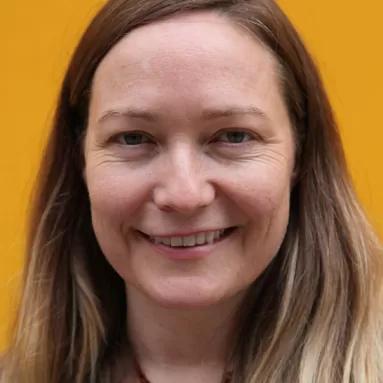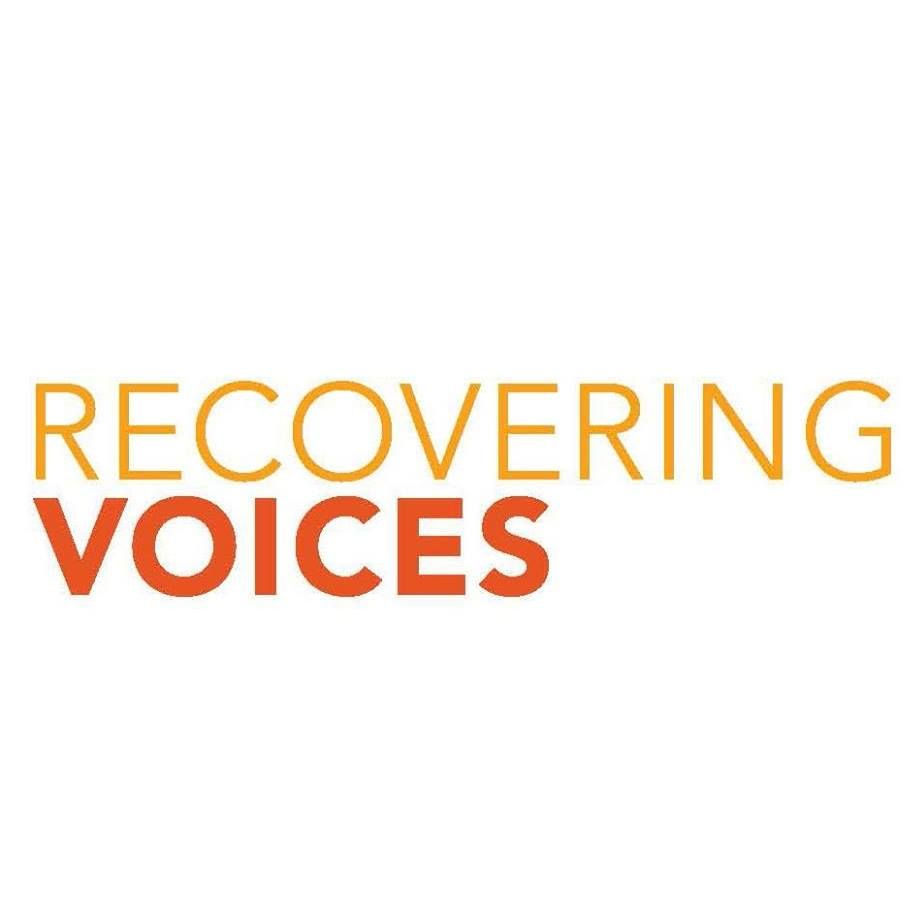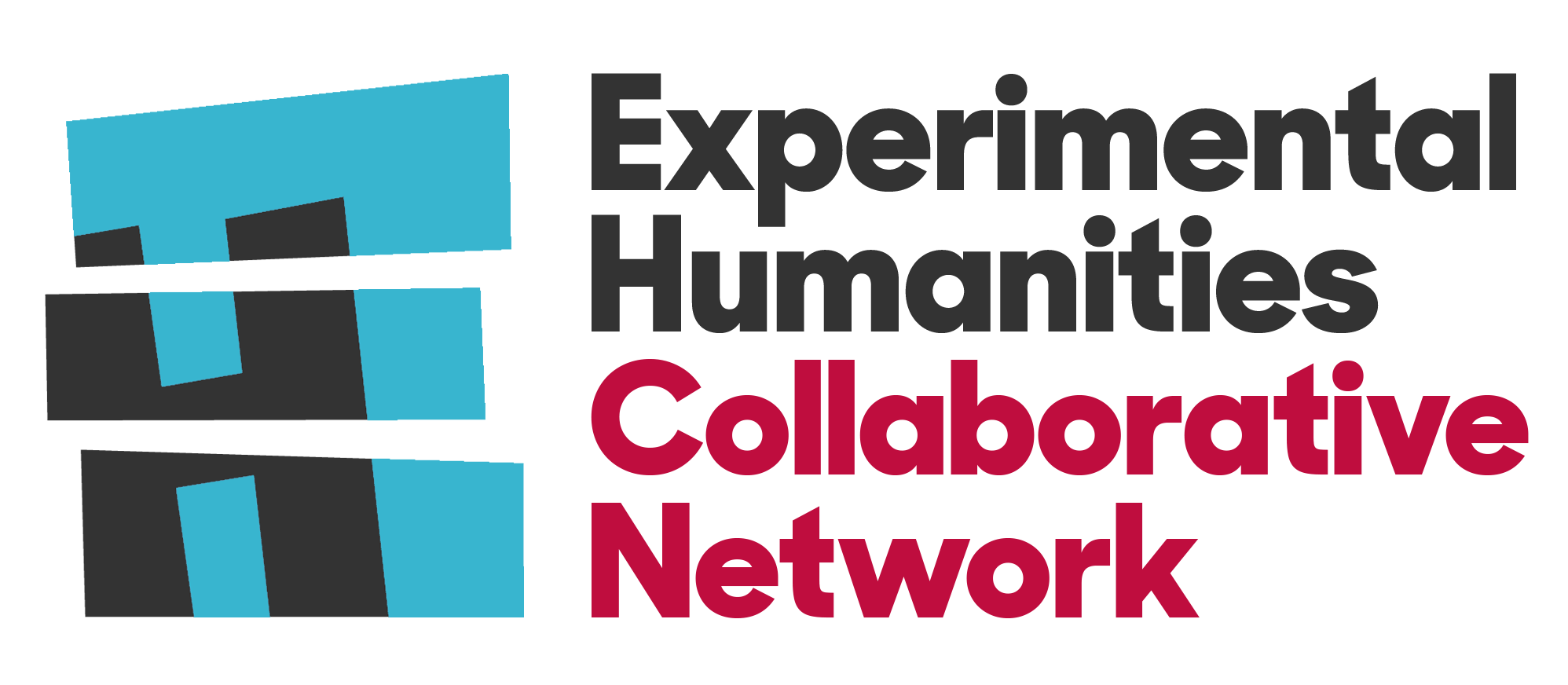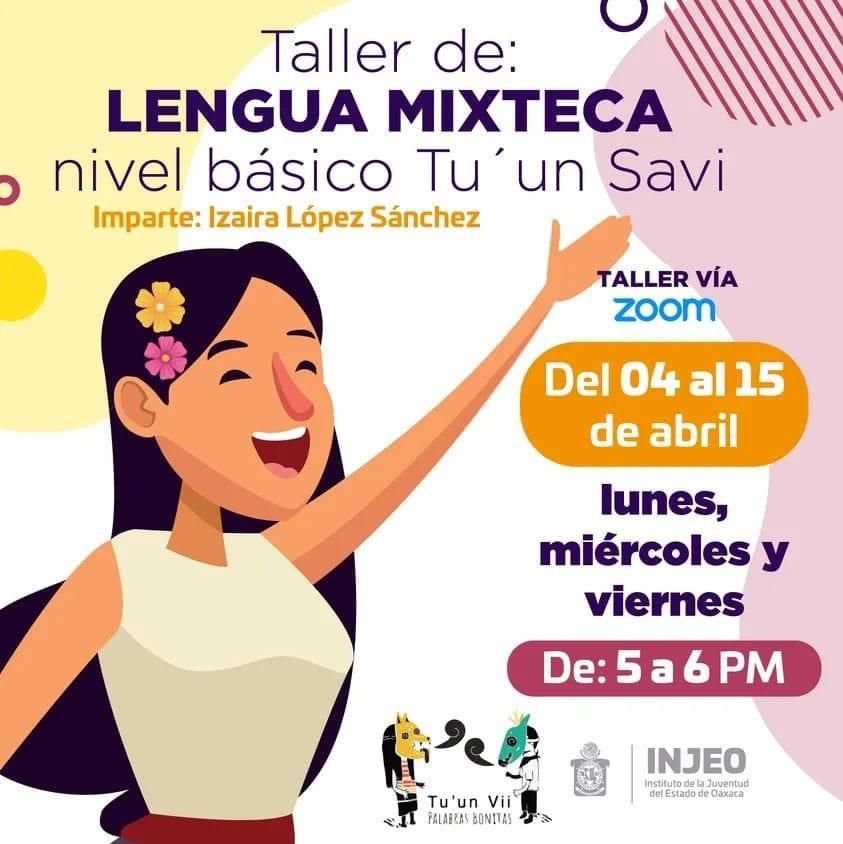Welcome to The Experimental Humanities Collaborative Network
Recovering Voices
Founded in 2009, Recovering Voices (RV) is a collaborative program of the National Museum of Natural History, the National Museum of the American Indian, the Center for Folklife and Cultural Heritage and the Asian Pacific American Center that partners with communities around the world to revitalize and sustain endangered languages and knowledge. Through interdisciplinary research, community collaboration and public outreach, we strive to develop effective responses to language and knowledge loss. Our research program strives to understand the dynamics of intergenerational knowledge transfer and recognizes that language communities and scholars have a mutual interest in documenting, revitalizing and sustaining languages and the knowledge embedded in them. The Community Research Program (CRP) seeks to improve access to the Smithsonian’s diverse collections – archival, biological and cultural – and to support diverse approaches to the work of knowledge revitalization. To engage with the general public, our annual Mother Tongue Film Festival showcases films from around the world that speak to the value of language diversity.
EHCN Representative: Recovering Voices, National Museum of Natural History, Smithsonian Institution Gwyneira Isaac is a cultural anthropologist and Curator of North American Ethnology at the National Museum of Natural History (NMNH) at the Smithsonian Institution. Her research investigates the dynamics of and intersections between culturally different knowledge systems. Central to this study is her ethnography of a tribal museum in the Pueblo of Zuni, New Mexico, Mediating Knowledges: Origins of a Museum for the Zuni People (2007), in which she examines the challenges faced by Zunis operating between Zuni and Anglo-American approaches to knowledge. Her explorations into these knowledge intersections (either culturally or disciplinarily distinct), include how technology and media are used within the discipline of anthropology. She looks at the different values attributed to the reproduction of knowledge as explored through museum replicas in ‘Whose Ideas Was This?’ Replicas, Museums and the Reproduction of Knowledge’ (2012), as well as “Perclusive Alliances: Digital 3-D, Museums and the Reconciling of Culturally Diverse Knowledges” (2015). Currently, she is researching the history of face casting in the 19th and 20th century and the intersectional histories these now engage, where descendant communities, physical anthropologists and museums grapple with the legacies of these duplicated bodies. As part of the Recovering Voices program she helps to lead at the NMNH, she is working on exploring the use of collections by Native American communities within their cultural revitalization efforts. As part of this effort, in 2012, she formed the Health and Culture Research Group (HCRG) to bridge Anglo-American and Indigenous approaches to Native American health issues. The project she brings to the EHCN OSUN group, To Be—Named, looks at the cultural politics of naming, especially via the intersections between different disciplinary naming practices, colonizing and decolonizing naming practices, as well as issues around naming and race. The aim of the project is to build bridges between the academy and diverse and Indigenous communities, as well as to find multi-modal methods, media and technologies that will help creatively and ethically assemble, exchange and build understanding around responsibilities towards knowledge diversity.Gwyneira Isaac




